Becoming Like Christ: Humanity in a Troubled Time
Friday, February 19
----------------------------
Humanity in a Troubled Time
Daniel 9:20-25
Pastor Kelsey Lewis Vincent
While I was speaking, and was praying and confessing my sin and the sin of my people Israel, and presenting my supplication before the Lord my God on behalf of the holy mountain of my God— while I was speaking in prayer, the man Gabriel, whom I had seen before in a vision, came to me in swift flight at the time of the evening sacrifice. He came and said to me, ‘Daniel, I have now come out to give you wisdom and understanding. At the beginning of your supplications a word went out, and I have come to declare it, for you are greatly beloved. So consider the word and understand the vision: ‘Seventy weeks are decreed for your people and your holy city: to finish the transgression, to put an end to sin, and to atone for iniquity, to bring in everlasting righteousness, to seal both vision and prophet, and to anoint a most holy place. Know therefore and understand: . . . it shall be built again with streets and moat, but in a troubled time.
– Daniel 9:20-25, NRSV
It’s Lent again, in what feels like a year-long Lent, a year of fasting from church hugs and parties and grandma’s sloppy cheek kisses and potlucks and all the germy parts of life that have begun to feel like a more distant memory.
“We’re all in this together,” sure, but it’s admittedly difficult to truly feel the togetherness when we can’t actually be together.
It has felt like a year of Ash Wednesdays, the ever-climbing death toll a reminder that we come from dust and to dust we will return. Our humanity, our fragility, and the brevity of life have been top of mind for some time now.
Toward the beginning of the lockdown, back in March and April and May of 2020, we would make commitments that began with “when we get back to normal.” But as time has trudged on we have come to lose faith that the normal we once knew would return at all.
I imagine Daniel must have felt something like this as he prayed for God’s intervention during the Israelites' exile to Babylon in Daniel chapter 9. Without much warning, the Babylonian army destroyed the holy temple and took the Israelites as captives and subjects. In chapter 9, Daniel prays for God’s deliverance. The angel Gabriel responds appears and tells Daniel that after some time, they will return to Jerusalem and rebuilt the city and the temple, though he warns it will be “a troubled time.”
Scripture and history prove Gabriel’s answer true. King Cyrus allows the Israelites to return and rebuild their city but the Israelites learn that rebuilding does not erase the trauma and the damage and the change that they underwent while in Exile. They intermarry, have children, learn the language, pick up new customs, assimilate, start new livelihoods, and carry with them the memory of the trauma they endured.
Maybe, I’m reading myself into Daniel’s prayer for restoration, but I can’t help but wonder if he was hoping that life would just “get back to normal again” too.
On the road ahead, we will get vaccinated. We will venture out again. We will worship together again as a church. Maybe we’ll resume our holiday traditions of the past, but we will never get back the time we lost or the people we lost.
Getting back to normal will not be like waking up from a bad dream to discover nothing truly happened. Getting back to normal will mean doing hard work to retrain ourselves into a new way of life, not simply falling back into the old way. Because if we are honest with ourselves, we have assimilated over the last year, in healthy ways and in unhealthy ways.
I don’t know about you, but I have developed a distaste for big crowds, for loud noise, for leaving my house. Students have adapted to the isolation of online learning. Our social habits and our anxiety and our motivation levels are all off in various ways. Our children have lived a formative year without in-person interaction with classmates, teachers, and friends. Many have developed depression, anxiety, and other mental illness.
“Getting back to normal” will mean forging a new normal. It will mean confronting all the ways that isolation has changed us. We need to prepare ourselves to do this hard work, to care for one another, and to recognize the depth of our need for God’s healing.
Forgive this spoiler alert— Lent ends every year with Easter, with resurrection. Recall with me that doubting Thomas touched the scars on the resurrected Jesus’ body. His risen body was healed but God found it fit to not erase the physical evidence of Christ’s crucifixion.
Perhaps as we emerge from this year-long Lent, we would do well to address our scars and the lasting impact that this pandemic has had on all our lives. And we will find ourselves emerging from isolation together, rising—not as waking from a dream—but like emerging from a tomb, scars and all.
About “Becoming Like Christ” (Weekly Lenten Reflections)
In 2019, we developed a 7-week long series packed full of devotions called “Exploring Humanity and Divinity.” It was about wrestling with our humanity as we seek to be transformed into the likeness of Christ.
After a tumultuous last year, and with tensions high on political, cultural, and social levels, it seems that “wrestling” is just as relevant today as it was two years ago.
In that spirit, we believed it would be healthy to resurrect a similar theme to this year’s Lenten devotional series: Becoming Like Christ.

